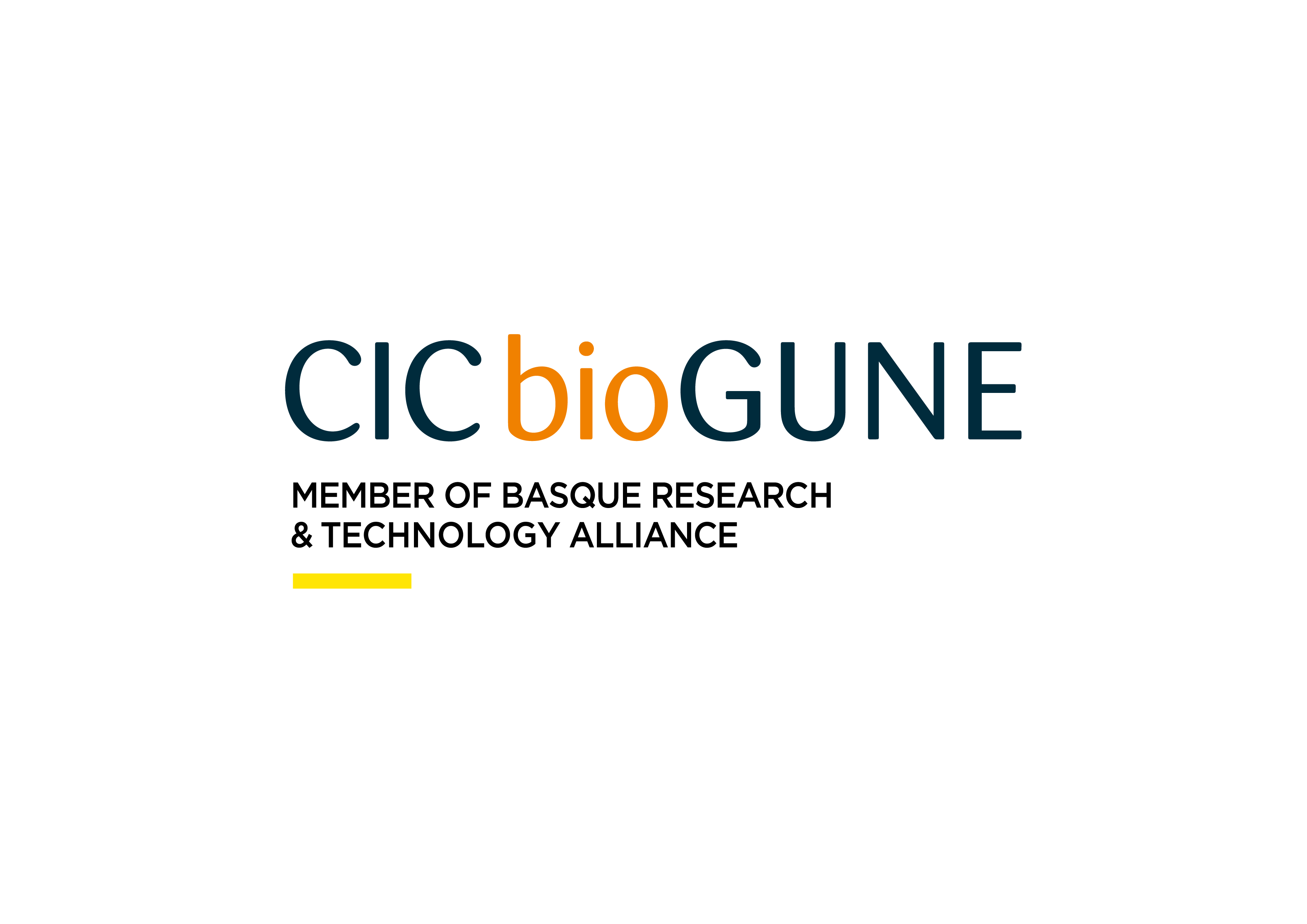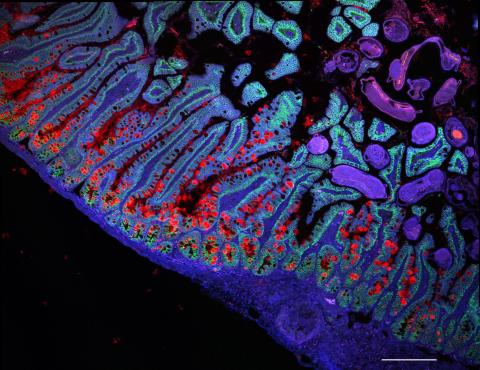
CIC bioGUNE - Centre for Cooperative Research in Biosciences
If you are the contact person for this centre and you wish to make any changes, please contact us.
Pre-doctoral researcher at the Integrative Genomics Lab at CIC bioGUNE (Derio, Basque Country)
Postdoctoral researcher at Gastrointestinal Genetics Lab, CIC bioGUNE - BRTA (Basque Research & Technology Alliance), Derio (Vizcaya)
Ikerbasque research professor at the Computational Chemistry Laboratory of CIC bioGUNE

A team led by the Centre for Genomic Regulation (CRG) in Barcelona and the Institute for Bioengineering of Catalonia (IBEC) has developed and used a new artificial intelligence (AI) tool called CANYA, together with a large volume of data, to predict when and why protein aggregation takes place. The resource could be used to advance research into neurodegenerative diseases and drug production, according to the joint press release. The results are published in the journal Science Advances.

The Human Cell Atlas, an international research consortium, publishes biological data from different cell types in the human body in a series of articles in Nature and other journals in its family. One of the articles integrates single-cell RNA sequencing datasets from the gastrointestinal tract of healthy people and others with different diseases. It describes inflammation-induced changes in stem cells that alter mucosal tissue architecture and promote increased inflammation, a concept that can be applied to other tissues and diseases.

The Royal Swedish Academy of Sciences has awarded the Nobel Prize in Chemistry 2024 on the one hand to David Baker for computational protein design, which makes it possible to construct proteins with functions not present in nature. On the other hand, jointly to Demis Hassabis and John M. Jumper of Google DeepMind, for the development of AlphaFold2, which allows the structure of the 200 million known proteins to be predicted at high speed.

An international team with Spanish participation has developed a database with the metagenome of bacteria, fungi, and yeasts present in more than 2,500 foods, mostly dairy products, followed by beverages and fermented meats. The authors identified more than 10,800 microorganisms, half of which were previously unknown species. The study, published in Cell, shows that food-associated microorganisms are present in 3% of the adult gut microbiome and 56% of that of newborns.